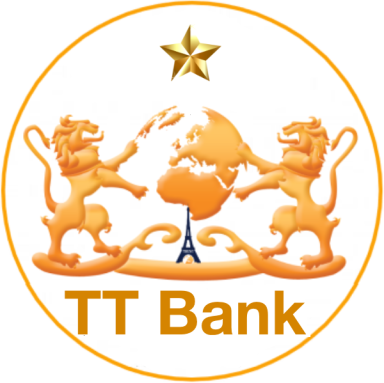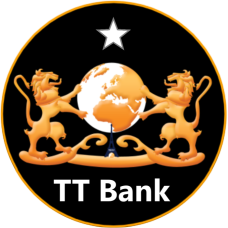Legal Support & Consulting

Our law team.
Howey Test
In conclusion, considering that three out of the four main points of the Howey Test cannot be met by definition, the development of NFT-governance tokens for the Future Bank project in the Dominican Republic, preliminarily named TLVD Trusty Bank, does not meet the criteria to be classified as a security according to the Howey Test.




Internal Audit
Howey Test
Question One:
Have you raised funds from investors (in cash, by checks, or through cryptocurrencies)...
Yes, we plan to raise funds and cryptocurrencies from depositors.
Conclusion: Item 1 of the Howey Test is taken into account.
YES
__________
Question Two:
Were investments solicited with promises of future financial returns...
In the issuance of governance tokens, the focus is on enabling voting rights within the decentralized autonomous organization (DAO) established by the project and assuring depositors of the growth potential of their marketing exposure, including the brand, through the guaranteed opening of accounts in the future bank and the associated public reputation.
Conclusion:
This example demonstrates that investments were not solicited with promises of future financial returns. Therefore, by definition:
Item 2 of the Howey Test cannot be considered.
NO
__________
Question Three:
Did the investors contribute money to a common enterprise.
In this project, the founders and depositors make separate investments. The organizers provide capital for the project, while depositors contribute funds independently, ensuring the opening of accounts and anticipating benefits based on their own actions. This structure segregates assets and risks according to each participant's contributions. According to U.S. court rulings, if the receipt of material benefits from the project is a result of the investor's actions, then the token cannot be considered a security.
Conclusion: This project lacks common income and cannot be deemed a common enterprise. Therefore,
Item 3 of the Howey Test cannot be considered by definition.
NO
__________
Question Four:
Is the expected profit associated with the efforts of third parties.
In this project, the founders explicitly operate under the assumption that the investors they attract are also clients. Through their direct involvement (refer to calculations), depositors actively participate in promoting the token without depending on the founders' third-party efforts, instead of passively awaiting profits.
Conclusion: This example clearly deviates from the fourth criterion of the Howey Test; therefore,
Item 4 of the Howey Test cannot be considered by definition.
NO
__________
In conclusion, considering that three out of the four main points of the Howey Test cannot be met by definition, the development of NFT-governance tokens for the Future Bank project in the Dominican Republic, preliminarily named TLVD Trusty Bank, does not meet the criteria to be classified as a security according to the Howey Test. This conclusion is supported by the observation that token sales before the project's launch resemble the transfer of future usage rights rather than investment in securities. The crucial criterion here is not the timing of token sales initiation, but rather the purchaser's ability to utilize the system for profit through their own actions. Additionally, the appreciation of token value on the secondary market does not inherently imply their classification as securities. Token value may appreciate similarly to franchise rights due to the active engagement of token holders. Furthermore, the profit of investors and project organizers is closely intertwined according to the vertical approach, with no implied correlation between investors' profits. Thus, the token model in this context appears decentralized, indicating they cannot be considered part of a common enterprise.
24.05.2024
Dear friends,
Our team is pleased to announce that:
The bill on cryptocurrencies has been adopted.
A few hours ago, the US House of Representatives approved a new bill on cryptocurrency - FIT21.
71 Democrats and 208 Republicans voted for the bill, 3 Republicans and 133 Democrats voted against it, including Joe Biden.
This is a new step for the industry as it will separate crypto and classify it based on its own nature.
Based on the bill, decentralized tokens are goods, centralized ones are investment contracts, that is, securities.
This is another confirmation of the correctness of the conclusion of the independent internal auditor ordered by our founders.
Sincerely,
The Administration.
https://opensea.io/collection/tlvd
https://t.me/nftttbank

We need your consent to load the translations
We use a third-party service to translate the website content that may collect data about your activity. Please review the details in the privacy policy and accept the service to view the translations.

